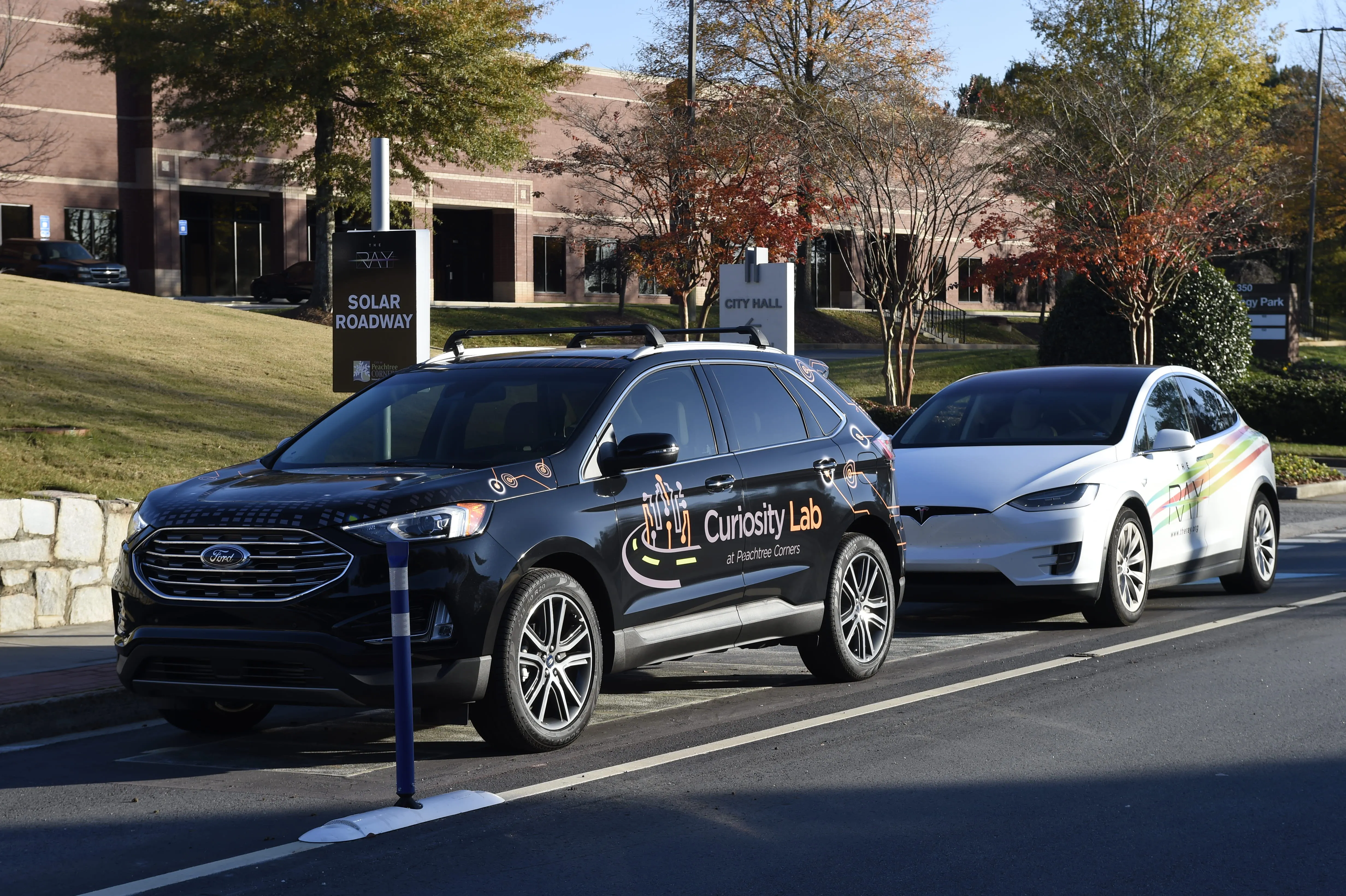Honda has unveiled further initiatives in the testing and evaluation of its alternative energy development programmes for vehicles, with the opening of a solar hydrogen station on the grounds of its Saitama Prefectural Office in Japan and the development of the FCX Clarity to serve as a mobile electric generator.
April 13, 2012
Read time: 2 mins

This is the first installation in Japan of a total system to produce, store and dispense hydrogen with zero CO2 emissions. The high pressure water electrolysis system, developed by Honda, uses clean solar power created by Honda CIGS thin solar panels, to produce electricity which in turn produces hydrogen with zero CO2 emissions. With no mechanical compressor, the system is nearly silent and highly energy efficient. Using solar and grid power, the system is capable of producing 1.5kg of hydrogen within 24 hours which enables an FCX Clarity to be refuelled and run approximately 150 km / 90 miles. When full, the unit has the capacity to fill three units of FCX Clarity – an equivalent of approximately 20 kg of hydrogen.
In a further initiative, Honda has equipped the FCX Clarity hydrogen fuel cell electric car with an outlet to function as a 9kW power source. Since the vehicle uses a chemical reaction between hydrogen and oxygen to produce power with zero CO2 emissions, with its new outlet, it will also be able to serve as a zero-emission mobile electricity generator.








